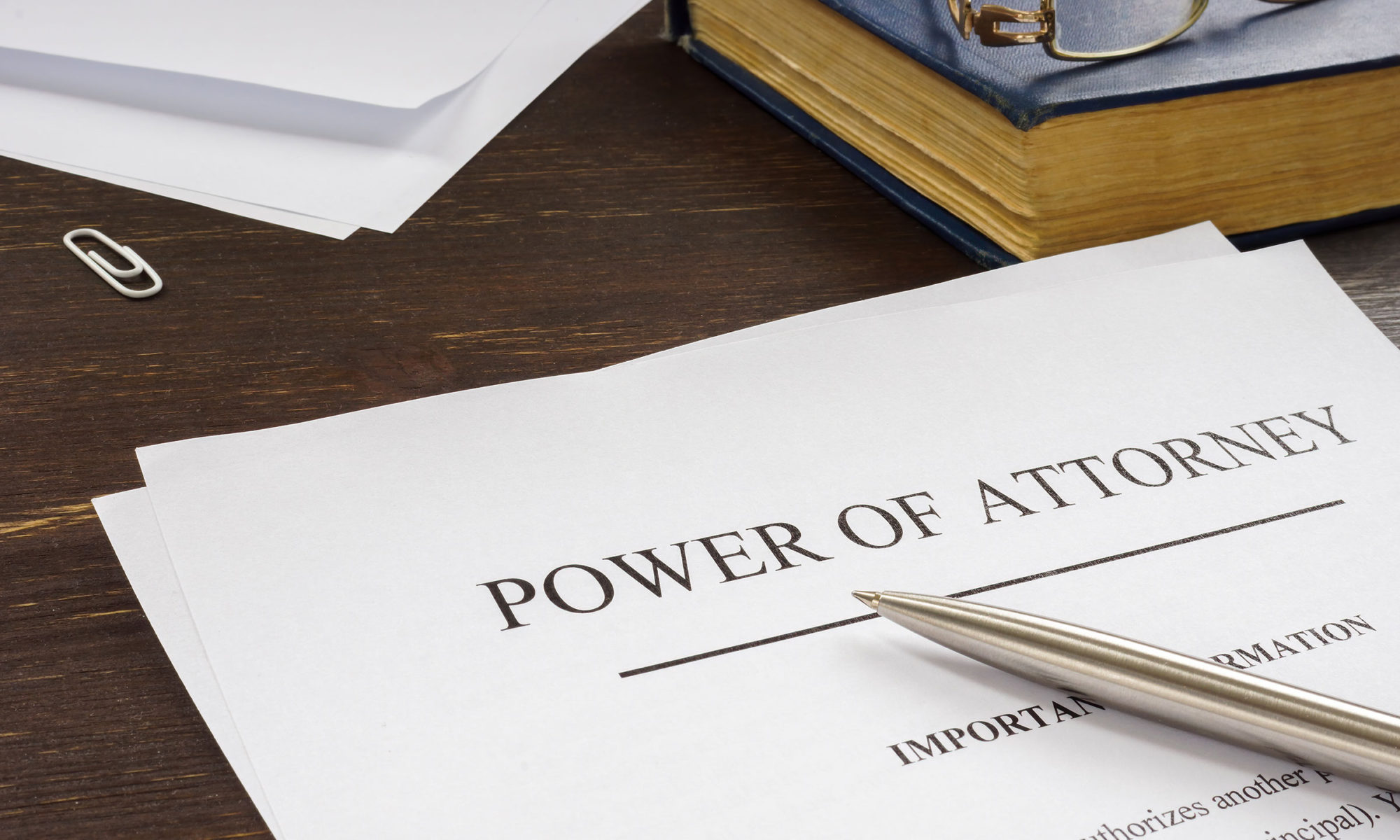A Lasting Power of Attorney (LPA) is the most common form of Power of Attorney, granting someone legal permission to make financial and medical decisions on your behalf should you lose capacity to manage these affairs yourself.
It may be an illness or an accident which leaves you incapable of making critical and everyday decisions. An LPA grants that designated individual Power of Attorney (the ‘attorney’) to act on your behalf (‘the donor’) on several matters, from property and finance through to health, depending on whether you hold a Health & Welfare or a Property & Financial Affairs LPA.
The types of Lasting Power of Attorney
A Health & Welfare LPA can only be used once you are unable to make your own decisions and gives your attorney the power to decide on matters regarding:
- your daily routine (such as washing, dressing, eating)
- medical care
- moving into a care home
- life-sustaining medical treatment
Whereas a property and financial affairs LPA can be used immediately upon registration with the Office of the Public Guardian or held on file should you lose capacity. This document gives your attorney the power to decide on aspects of your money and property, including:
- managing bank or building society accounts
- paying bills
- collecting a pension or benefits
- if necessary, selling your home.
When does my Lasting Power of Attorney end?
Neither LPAs expire unless certain circumstances change. Once registered, both LPAs remain valid until the donor passes away, the legal document is ended either voluntarily, or because the attorney is no longer able to act on behalf of the donor.
There are several reasons why an attorney may be forced to step down from the role: –
- If the donor ‘revokes’ it from them.
- The attorney themselves loses mental capacity.
- If the donor’s married or civil partner acts as their attorney and they separate, then the LPA will end, unless it was specified in the document that a divorce would not end the attorneyship.
- If one of two joint attorneys stops acting as an LPA, the remaining attorney cannot continue to act alone unless the document permits it.
- A Property & Financial Affairs attorney who becomes bankrupt or subject to a debt relief order must also stop acting as an LPA for the donor.
Should a Lasting Power of Attorney be ended for any of the reasons mentioned above, the donor can amend it by contacting the Office of the Public Guardian. However, it is recommended to write up a new document anytime changes are desired because amended documents can become invalid.
Registration for a Lasting Power of Attorney
In England and Wales, the registration for a Lasting Power of Attorney is £82. This can be paid online (such as through Gov.co.uk) or at any location that offers services for the Office of the Public Guardian. As there are two different kinds of LPA in the UK, they must be purchased individually, which can double the price to £164. If a donor is financially unable to pay the fee, there are support schemes available.
The Office of the Public Guardian’s application forms will contain guidance on the payment and setup process of an LPA’s registration, which can take up to 20 weeks if there are no delays. Hiring a solicitor is not required to register, but their experience may streamline the process.
Who can be a Lasting Power of Attorney?
Anybody can act as a LPA on behalf of a donor so long as they are over the age of 18. However, for a Property & Affairs LPA, the holder chosen cannot be bankrupt. If this occurs, the attorney must stop acting as an LPA.
Four in five UK adults have not registered an LPA, with 77% of these individuals being over the age of 55. Yet the number of LPAs are growing, as according to the Office of the Public Guardian, 848,896 documents were registered in the UK during 2022 – a 20% increase compared to 2021.
How do you end a Lasting Power of Attorney?
As an LPA has no expiration date, the attorney must end the legal arrangement if they no longer wish to fulfil the responsibilities of the role. To disclaim an LPA a notification form must be sent to the donor and the Office of the Public Guardian, as well as details of any replacement attorneys listed in the registered document. If there are no replacements available, then an alternative method to help the donor in their decision-making may be necessary.
If you need help and support on matters concerning LPAs, whether that’s setting up the legal document or to make an amendment to an existing agreement, our team of specialists at Thomas and Thomas Solicitors provide a comprehensive range of services for both types of LPAs. For further support and advice, contact us here.





